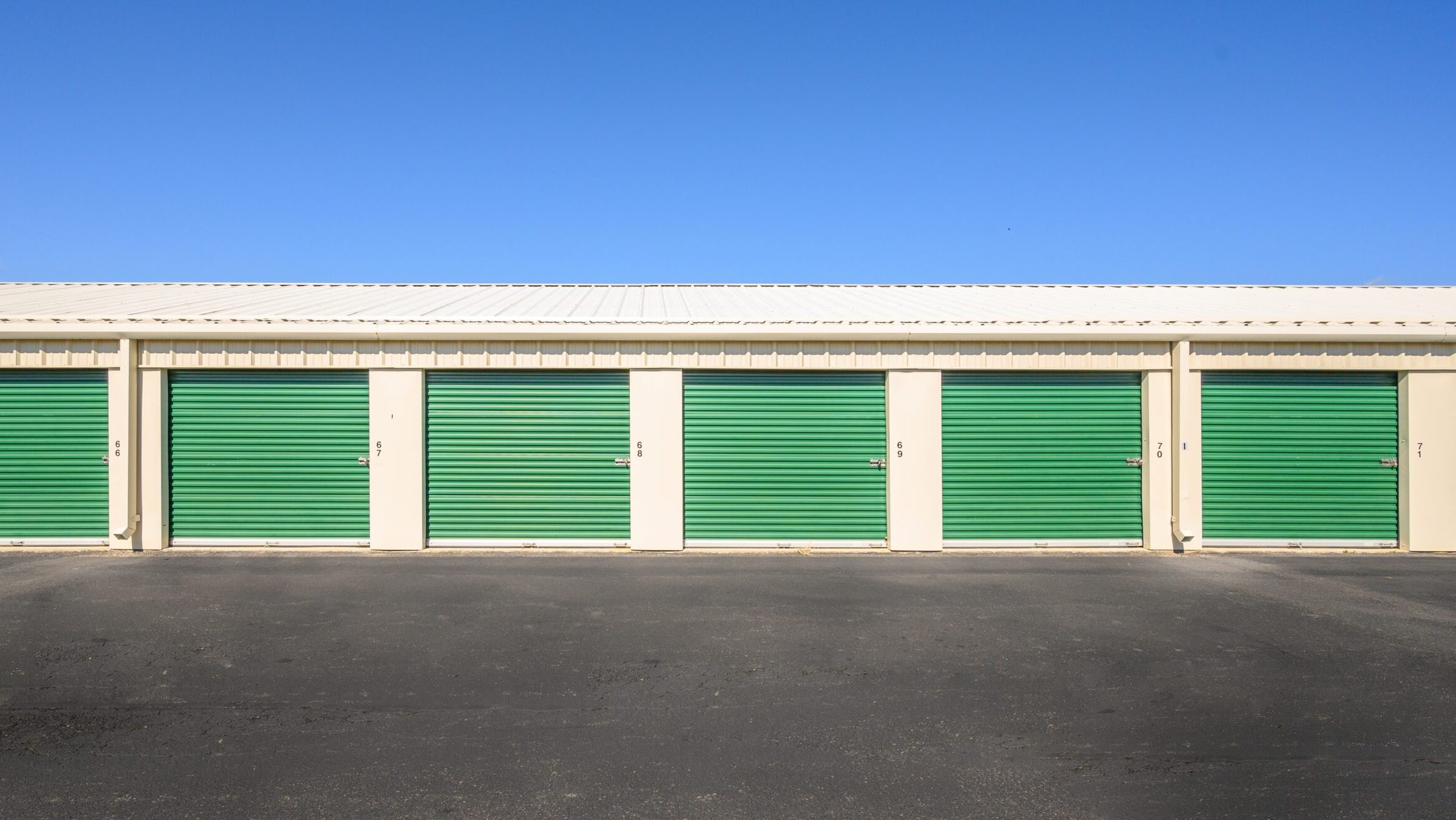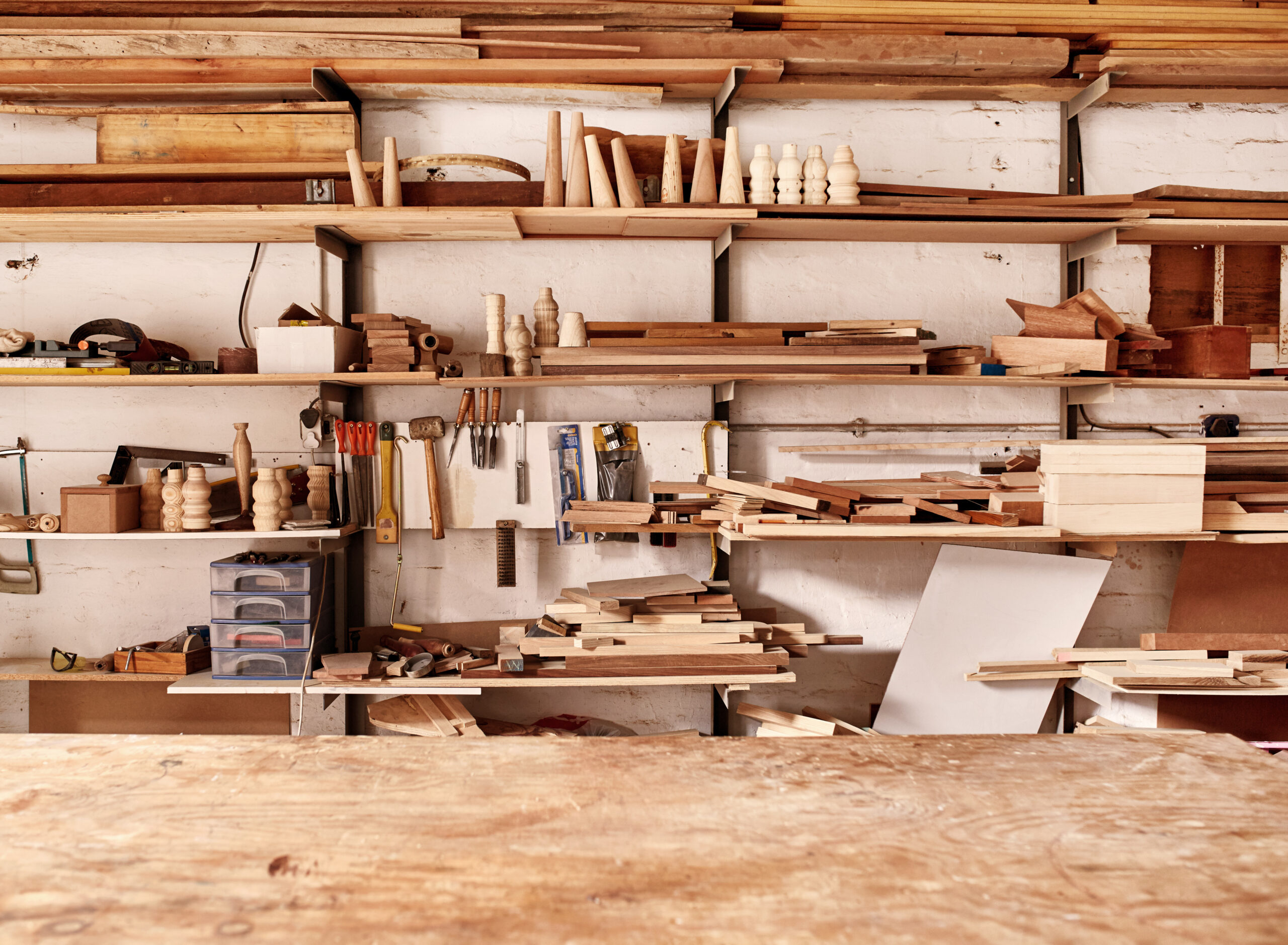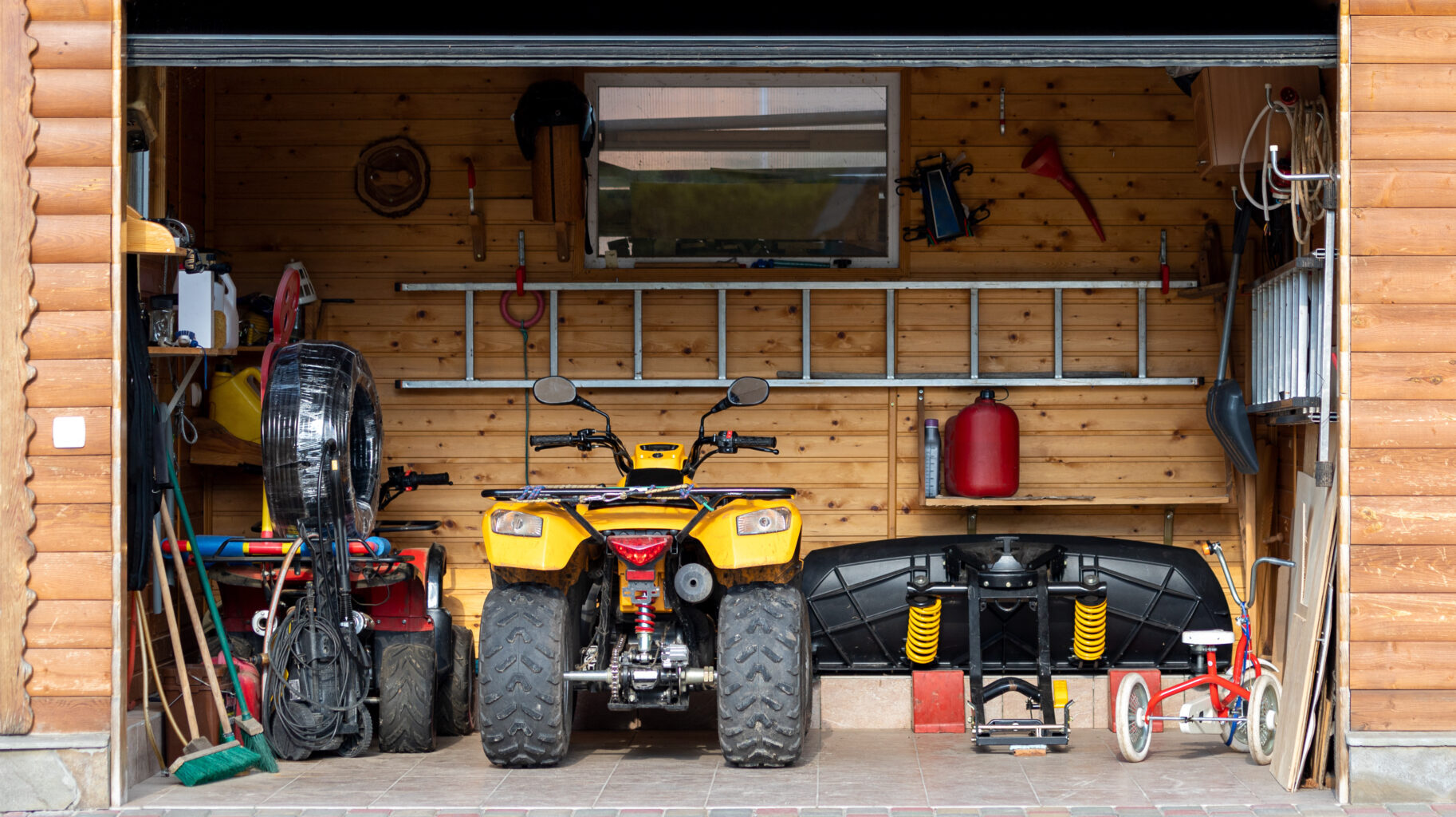If you’re looking to keep a brass instrument in storage for an extended period, you’ll want to make sure you’re taking every precaution and choosing an appropriate storage unit. With the right preparation and research, your trumpet will be perfectly playable right out of storage.
Musicians who may be moving or just freeing up space in their homes need to take special care of their instruments if they’re planning on putting them in storage for some time, and if you’re a trumpet player, you’re well aware of the special attention your instrument requires. While it’s smaller than a piano or guitar, a trumpet still has several moving parts and pieces that need to be kept clean and stored properly.
Fortunately, there are several simple ways to make sure your trumpet stays in the best condition possible while in storage. If you give it a thorough cleaning before putting it away, store it in a high-quality trumpet case, and invest in a climate-controlled self-storage unit, you’ll lower the risk of damaging your instrument and ensure it’s ready to play whenever you take it out of storage.
Clean Your Trumpet Before Storage
Brass instruments are susceptible to corrosion if they aren’t cleaned properly, and trumpets are no exception. Storing a dirty trumpet can leave dangerous buildup on it, meaning it could come out of storage with significant damage–so experts recommend cleaning your trumpet with whatever means you can before putting it away for a long period.
“It’s critical that the trumpet be professionally cleaned and lubricated before storage,” says John Snell, manager of Bob Reeves Brass Mouthpieces in Valencia, Calif., which helps artists of all ages and abilities with trumpet mouthpieces, valve alignments, and custom alterations. “Reputable repair shops have solutions and techniques to rid the instrument of corrosion-causing buildup in the instrument.
“If professional cleaning isn’t feasible, at the very least the trumpet should be cleaned and lubricated thoroughly at home, following any manufacturer’s recommendations.”
Kurt Witt, Director of Merchandising at Woodwind and Brasswind in Westlake Village, Calif., which offers more than 50,000 musical products and serves more than 91 countries, agrees with Snell.
“The main problem with a trumpet going into long-term storage would be the slides and/or valves freezing up,” says Witt. “This can be caused by corrosion or oxidation.”
Witt says once the slides and valves have been damaged, it’s a difficult process to get them back in working order. “This corrosion sometimes known as ‘red rot’ can literally rot the metal of the lead pipe from the inside out.”
Regularly cleaning your trumpet at home with a cleaning snake is the easiest way to prevent “red rot,” but Witt says, “a professional cleaning would also work if the instrument hasn’t been cleaned in a long time or ever by a repair technician.”
Store Your Trumpet in Its Case
Trumpet experts say one of the best ways to protect the instrument from dust, moisture, and other elements is to store it in its original case. Besides protecting the trumpet from things that could corrode it, the case also protects the instrument from anything that may shift and fall on it during its time in storage.
“The worst enemy for a trumpet is a dent to the valve casing,” says Witt. “With the valves being the most important moving part on the horn, that kind of damage will render the horn completely unplayable immediately.” He explains that fixing this isn’t impossible, but it is expensive and can only be done by a repair technician.
Witt says the instrument case works well for storage, as it provides plenty of protection. “Within the case, it would be okay to use an instrument bag or cloth bag to keep the instrument from coming into contact with outside forces.” Nevertheless, he urges musicians with silver-plated instruments to avoid plastic bags. “[Don’t] use a plastic bag to store silver-plated instruments inside the case long-term, as the plating might wear due to the plastic.”
If your trumpet’s original case is unavailable or low-quality, it’s worth looking into professional hard cases and investing in a good one to ensure your instrument’s safety both in and out of storage. Look for a case with a hard shell exterior and enough internal padding to protect your trumpet from any drops or extreme weather conditions.
Invest in a Climate-Controlled Unit
As with any valuable and fragile items, a climate controlled storage unit will be important for prolonging the life of your trumpet, especially if you live in an environment with extreme temperature and humidity changes. With climate control, you’re able to keep your unit at a moderate temperature between 55-85°F and an ideal relative humidity between 40% and 60%.
Low humidity is typically more of a concern for wooden instruments that can dry out, but high humidity can cause brass instruments such as trumpets to oxidize and corrode. Shifts in temperature and humidity can also damage your trumpet, causing it to warp and affecting its natural sound. Keeping a trumpet in a controlled environment can help prevent this damage.
“Climate control is important, as bacteria growth and corrosion in the trumpet accelerate [in uncontrolled environments],” says Snell. “Materials like felt, rubber, and cork that are used in some trumpets may break down faster in these conditions.”
In Conclusion
Musicians of all kinds need to consider how to prevent damage to their instruments when storing them, and brass instruments such as trumpets are no exception. Keeping your trumpet clean or having it professionally serviced, storing it in its original case or investing in a high quality storage case, and selecting the right climate controlled storage unit for your needs all go a long way towards making sure your trumpet is in pristine condition once you’re done storing it.
If you’re ready to start researching cost effective climate controlled self storage units near you, you’re in the right place. Head to the Storage.com homepage to begin your search and find solutions that fit your budget.







